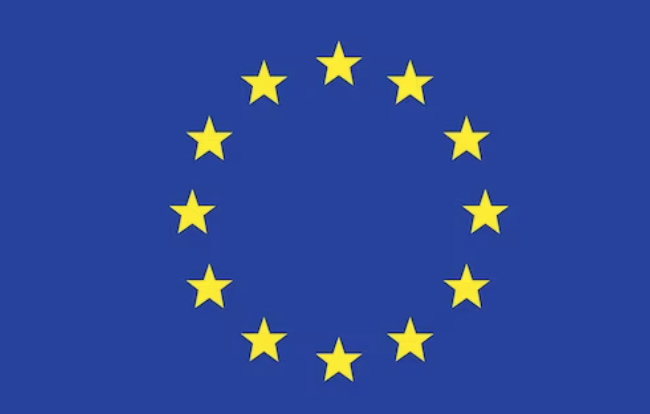$ALB $SQM $LTHM
#Lithium #WhiteGold #TradeDeal #Europe #SouthAmerica #RawMaterials #FreeTrade #CommodityMarket #Mining #EVBatteries #GreenEnergy #GlobalTrade
The emergence of critical raw materials, particularly lithium, often referred to as “white gold,” is proving critical in shaping international trade dynamics. Lithium’s role as a core component in the production of electric vehicle (EV) batteries and various renewable energy technologies cannot be understated. In this context, the ongoing negotiations surrounding a free trade agreement (FTA) between the European Union (EU) and the South American trade bloc MERCOSUR have taken on added importance. However, analysts at ING point out that while lithium’s importance is undeniable, there seems to be a surprising lack of focus on this commodity in the coverage of the trade discussions. This omission is significant given Europe’s accelerated shift to renewable energy and electric mobility, both of which rely heavily on lithium supply chains to succeed.
One major area of concern for financial markets and policymakers alike is Europe’s over-reliance on lithium imports, with South America—particularly countries like Chile and Argentina—being home to some of the world’s largest lithium reserves. Companies such as Albemarle ($ALB) and Sociedad Química y Minera ($SQM) have long dominated lithium production in the region, and their strategic role could further elevate in the face of growing European demand. The proposed trade deal has the potential to lower tariffs and streamline regulations, making lithium more accessible to European manufacturers and easing supply chain bottlenecks. However, European automakers have expressed apprehension about ensuring long-term stability in pricing and availability, especially as demand for EVs surges amid tighter climate regulations.
From an investment standpoint, the spotlight on lithium as a critical input underscores the importance of closely monitoring the commodity markets. Companies involved in lithium extraction, processing, and battery production have seen surging valuations in recent years, mirroring the growing adoption of EVs globally. Lithium-related equities, including $ALB, $SQM, and Livent Corporation ($LTHM), could see a renewed wave of interest among European investors should the trade deal move forward. Additionally, the deal could provide indirect support to renewable energy and related sectors, as stable lithium prices may reduce the overall costs of transitioning to a low-carbon economy. However, volatility in lithium prices, often influenced by geopolitical developments, remains a risk factor, particularly in highly leveraged equity markets.
The broader implications of the EU-MERCOSUR FTA extend beyond just lithium and EV batteries. The deal is expected to strengthen trade ties across an array of industries, from agriculture to automotive manufacturing. Yet, unresolved debates over labor standards, environmental safeguards, and market access for European goods continue to overshadow progress. Analysts caution that delays in ratifying the agreement could exacerbate supply chain insecurities, particularly for commodities like lithium, copper, and rare earth elements. As Europe pushes for greater autonomy in its renewable energy transition, fostering diversified and secure supply chain relationships through balanced trade agreements will remain pivotal. The eventual terms of the deal could set a global precedent for how nations navigate the interplay between climate policy, trade economics, and the strategic sourcing of critical raw materials.







Comments are closed.